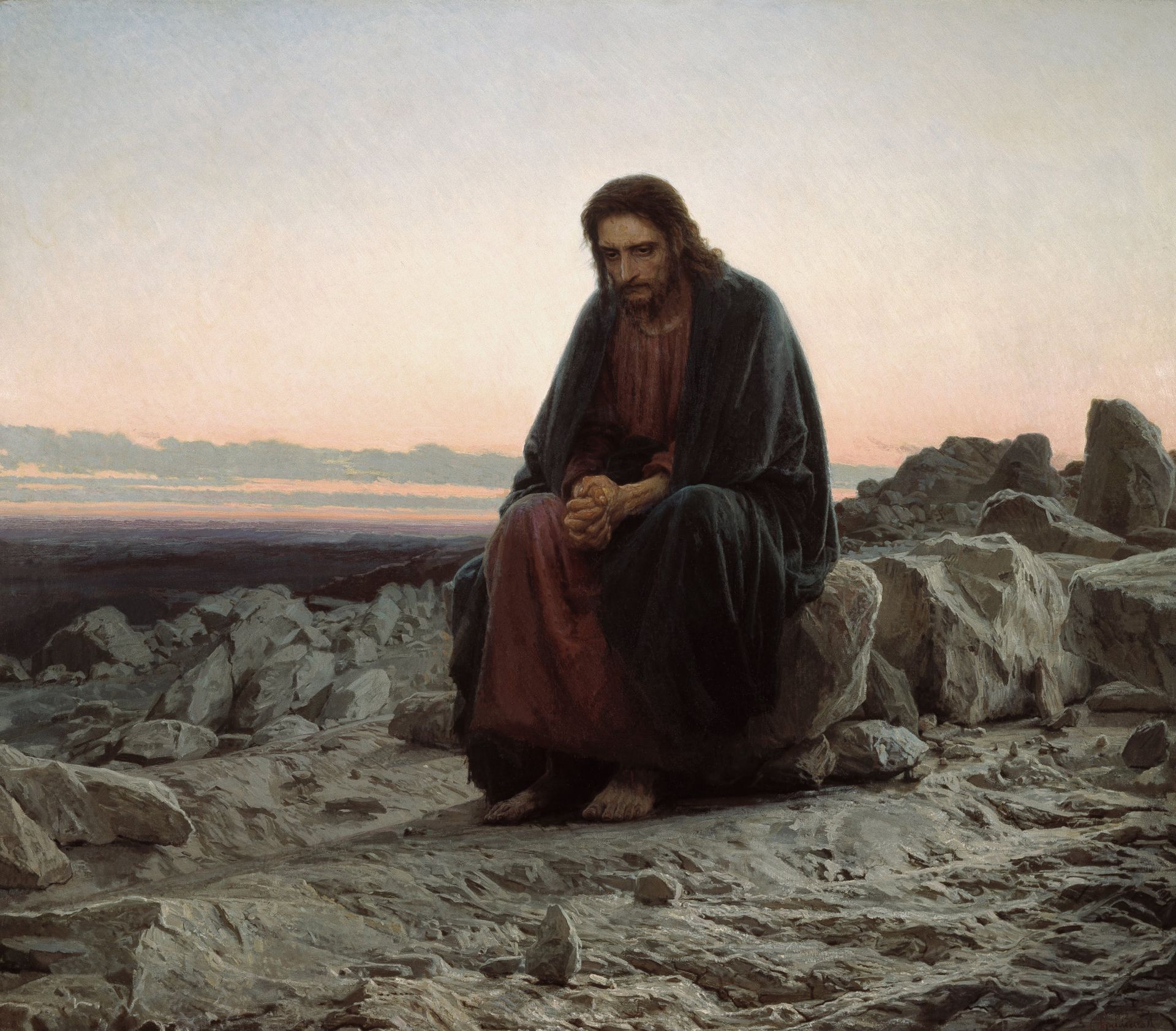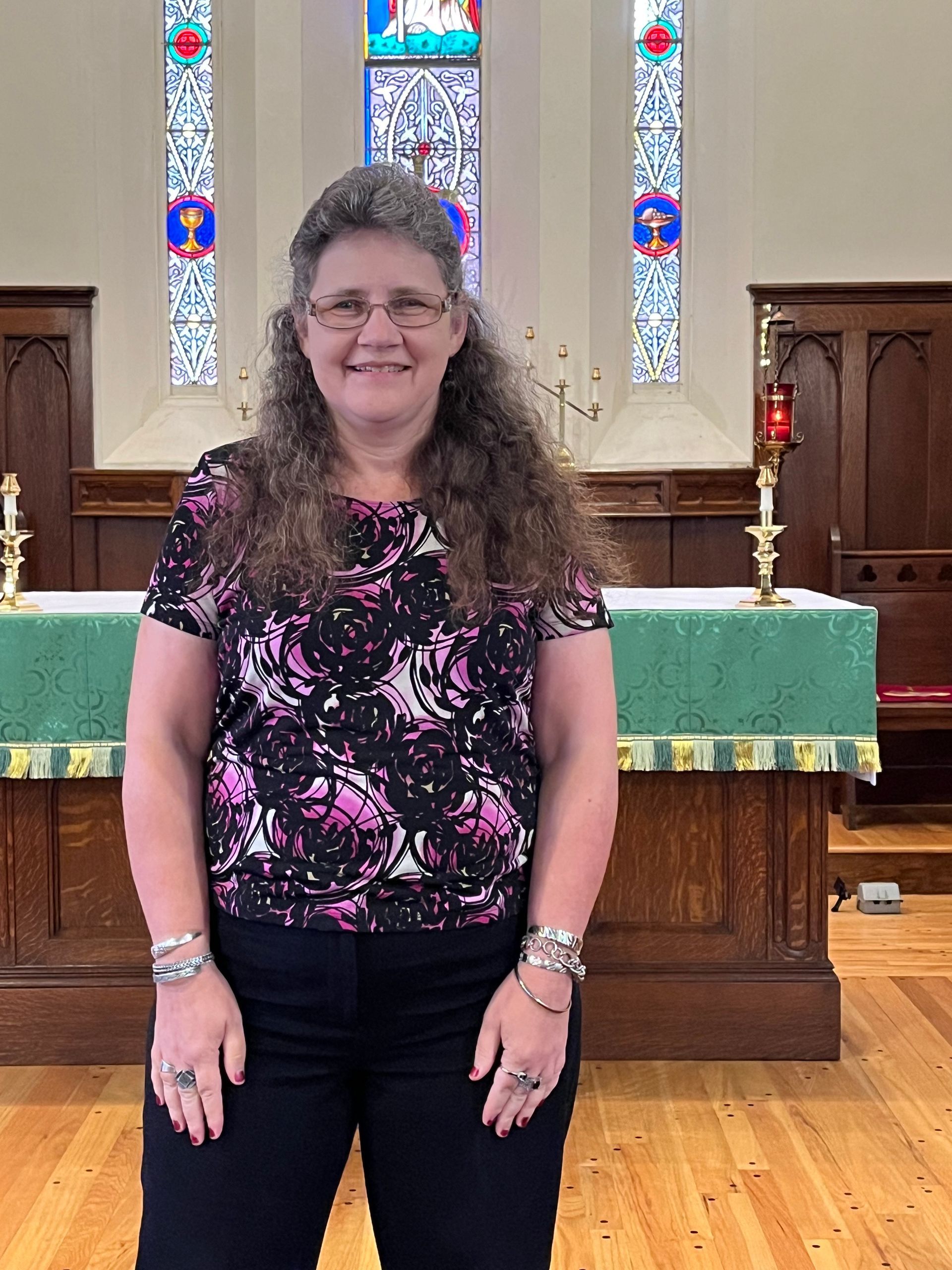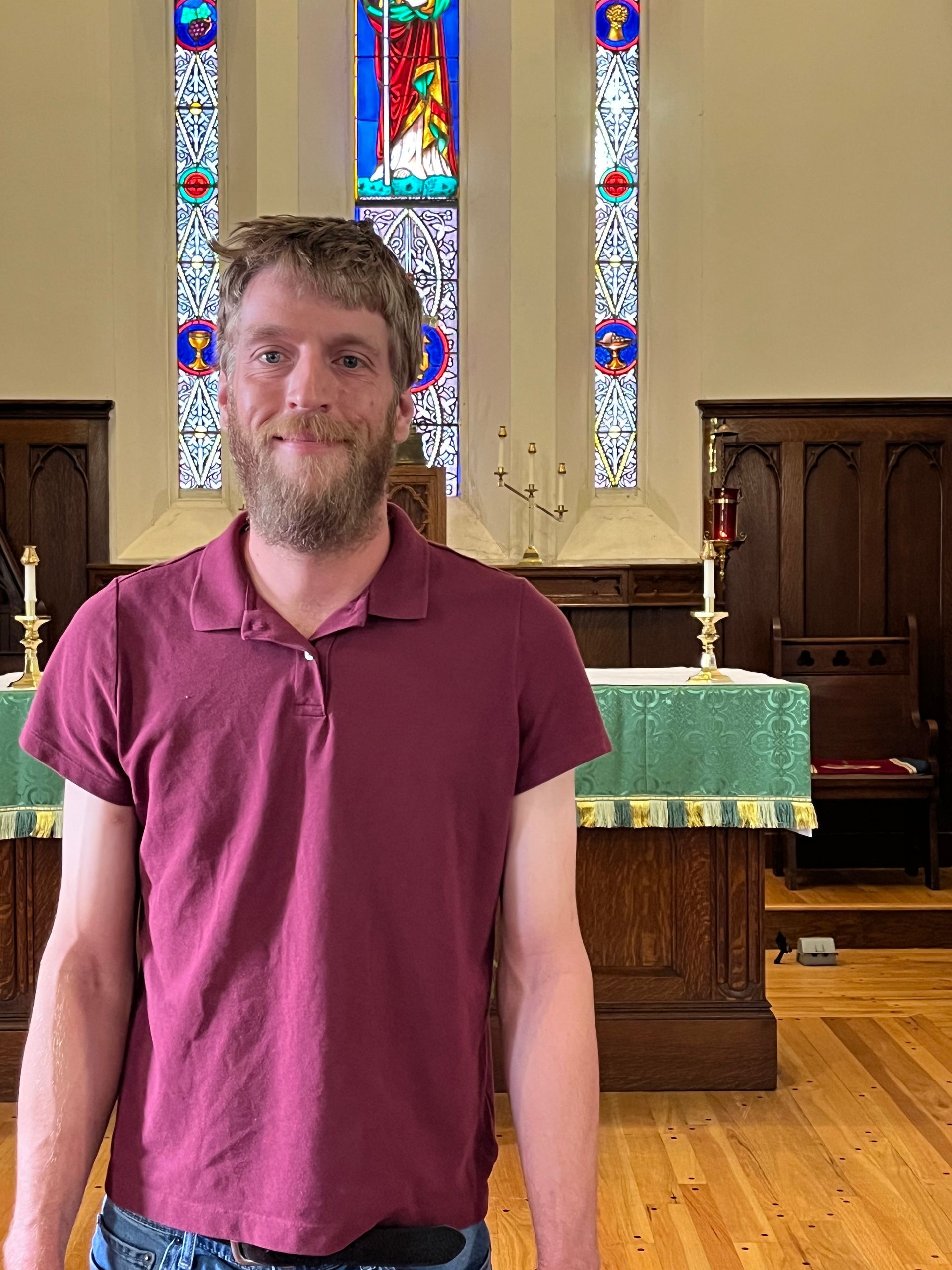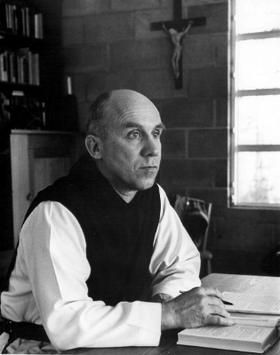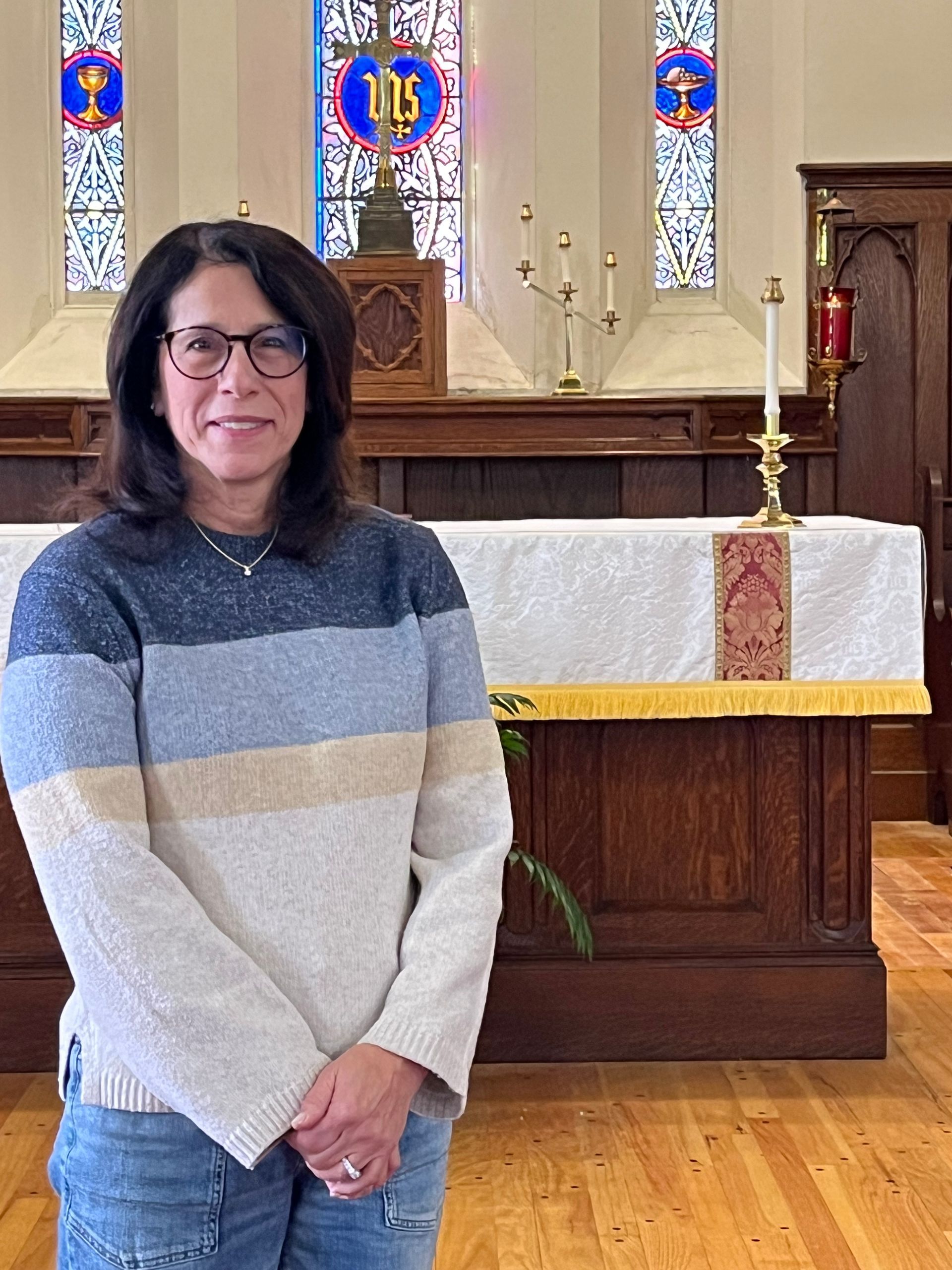Sunday, March 2
This Sunday is the Last Sunday after the Epiphany. We have come to the end of this season which stretches from the Feast of the Epiphany (January 6) to Ash Wednesday (this year falling on March 5). Each year on this Sunday we hear the story of the Transfiguration. We bring this season of manifestation, of revelation, to a close by telling once more of that mountain top experience where Jesus is transfigured, standing beside Moses and Elijah, before the eyes of Peter, James, and John. As we see the glory of Jesus unveiled before us we transition our attention from the incarnation to the passion; from Christmas to Holy Week and Easter.
To assist us in this transition, we enter into a season of preparation. Just as Advent aids in our preparation for Christmas, Lent prepares us for Easter. Though, to be clear, Advent and Lent are distinct and important seasons in their own right as well.
It seems to me, that of all the seasons of the Church year, Lent is the most misunderstood. Too often we approach this season as if it is 40 days of reminding ourselves how “bad” we are. Or that this is some sort of liturgical self-help season: giving up those bad habits to just start summer diets and spring cleaning routines. To believe this is to miss out on the beauty of these 40 days.
During the Ash Wednesday liturgy, the celebrant says, “I invite you, therefore, in the name of the Church, to the observance of a holy Lent, by self-examination and repentance; by prayer, fasting, and self-denial and by reading and meditating on God’s holy Word” (The Book of Common Prayer p. 265). Our observances help point our attention to what Lent is all about. Lent is a time to honestly reflect on our lives, to name for ourselves the ways we are not living as God has called us to live. It is a time to experience metanoia, to reorient our lives back towards God and the way God has called us to live. Lent is a time to practice that holy life to which we are all called.
As we approach these final days before Lent, I invite you to spend time thinking about how you will keep this holy season; discerning how God is calling you in this moment. There are a variety of opportunities available to our community: weekly liturgies (in addition to our usual Sunday celebrations), a Lenten quiet day, and personal devotional materials as well - which you can find on the ministry table and library in the parish hall. Please know I am happy to help in your discernment as well.
Now is the time for us to let go of old ways of being, and discern what new things God is doing and calling us to be part of. God’s glory and power are constantly revealed among us. Now is the time to adjust our vision and marvel at the glories of our transfigured Lord.
This Sunday, Jesus will come down from the mountain with a few of his disciples in tow. Peter, James, and John have seen who Jesus is and are forever changed. We too have been to the mountain, we too have been changed. Let us enter into this holy season of Lent allowing our new selves to flourish so that the glory of God might show forth in our lives.
